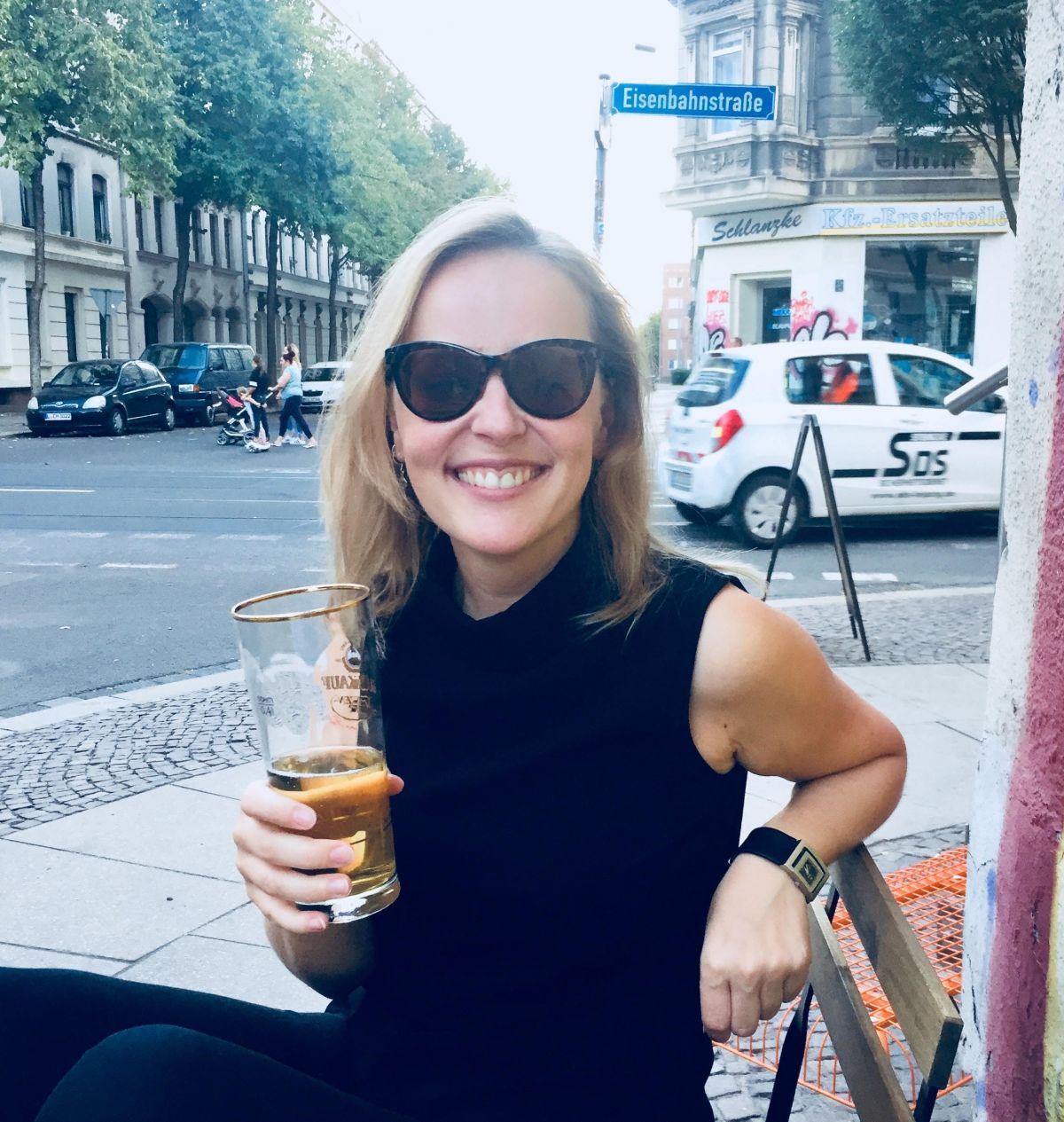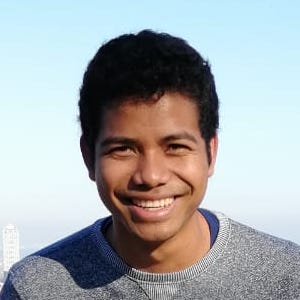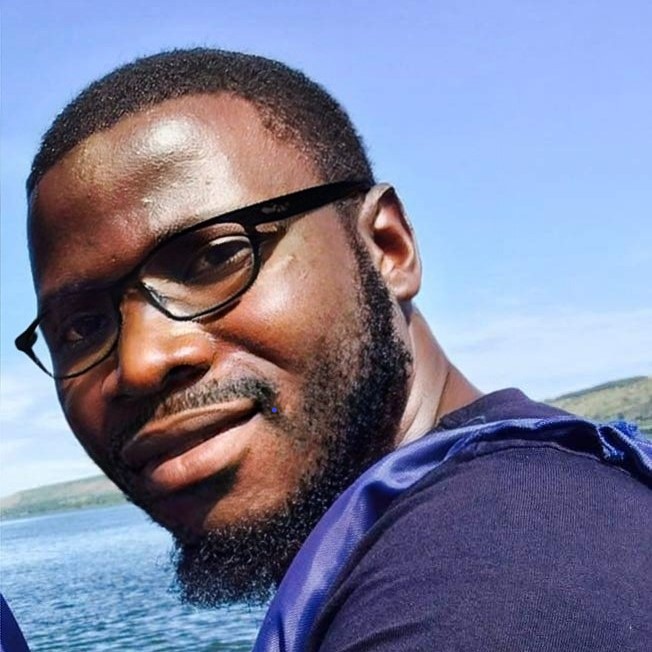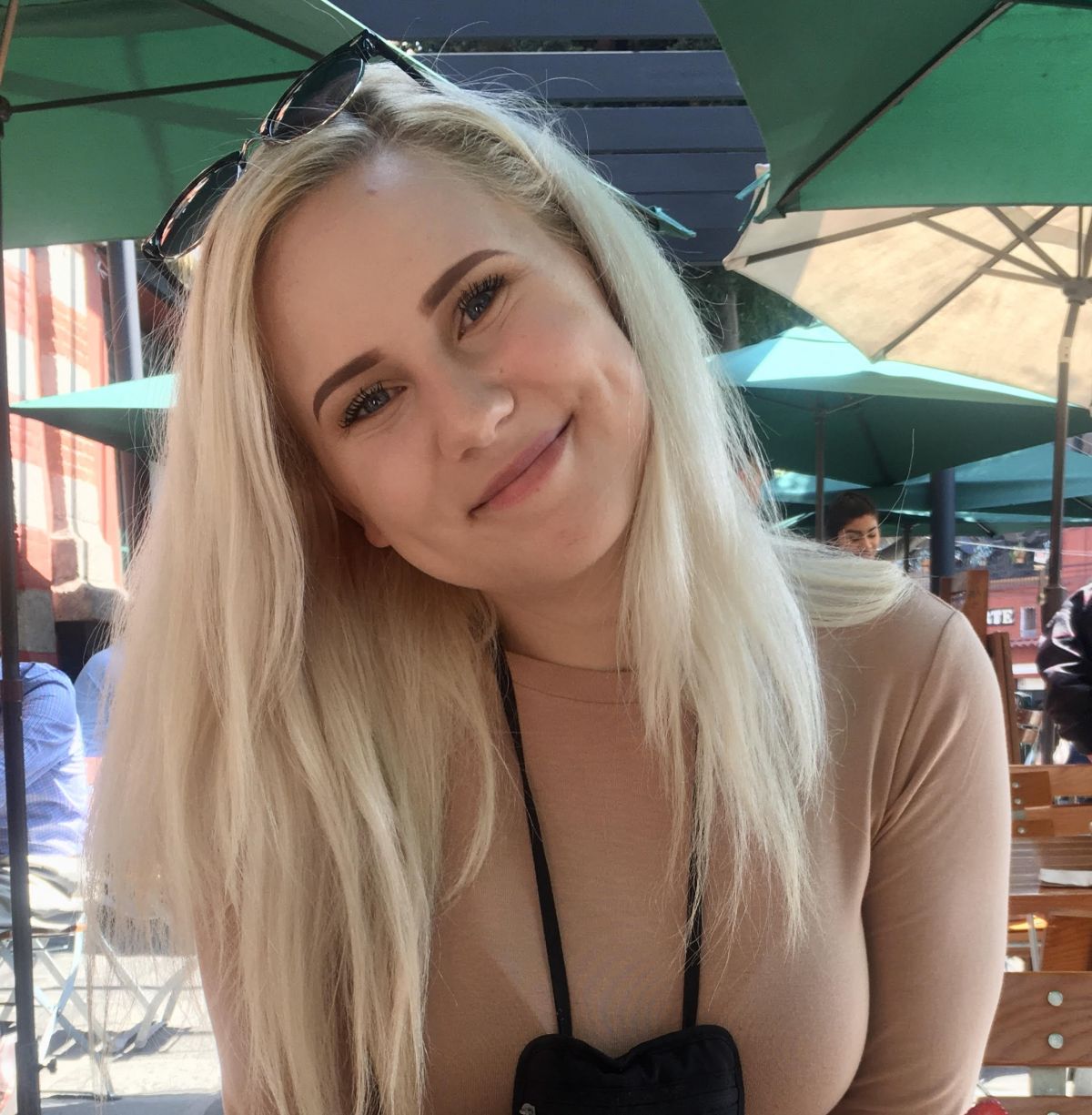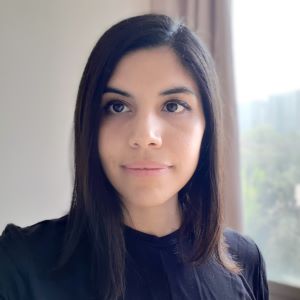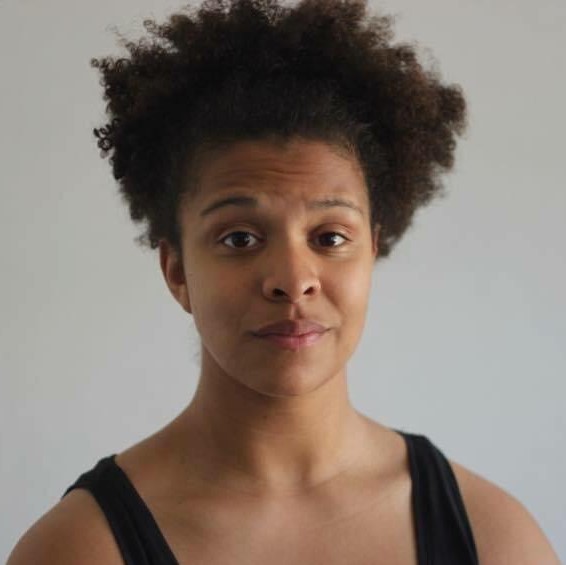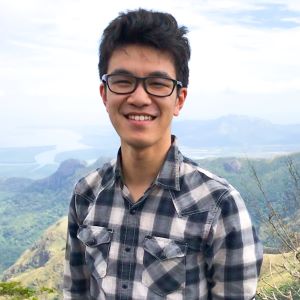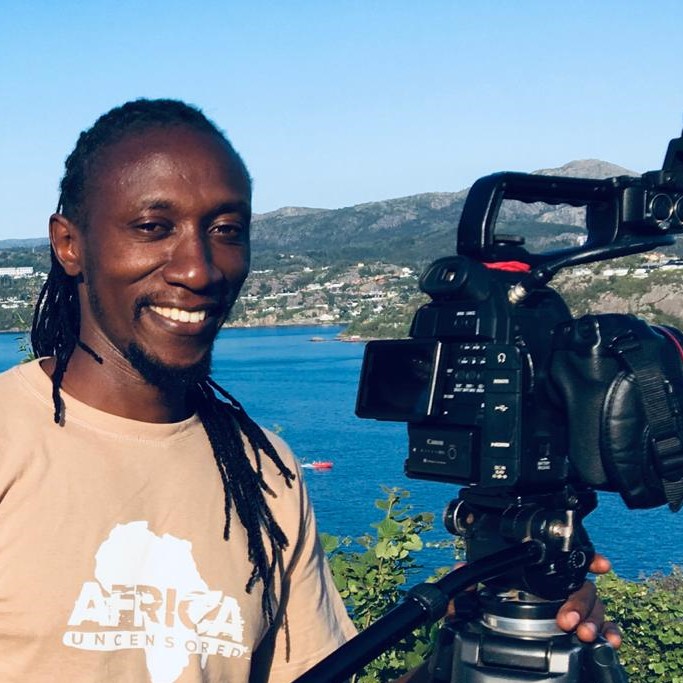Historia de dos países: Parte II
Las diferencias que se perciben entre Alemania del este y del oeste no solo tienen sus raíces en la separación después de la Segunda Guerra Mundial sino también se vieron influenciados por los eventos que siguieron la unificación. Aunque la unidad es un gol admirable, aceptar las diferencias puede eventualmente llevar a un mayor aprecio.
Germany, Western Europe
Story by Janina Cymborski. Translated by Melina Gutiérrez Hansen
Published on March 1, 2022.
This story is also available in 






El 3 de octubre es el día Nacional de Alemania, la fecha de la re-unificación en 1990. Pero muchos alemanes del este prefieren conmemorar los eventos del otoño de 1989. En Leipzig, celebramos el 9 de octubre de 1989, cuando 70000 personas se manifestaron pacíficamente por un país libre, temiendo que sufrirían el mismo destino que sus compañeros in la Plaza Tiananmen en China, donde francotiradores cubrían los tejados, observando, esperando la orden para disparar. Pero esa orden nunca llegó. Las preocupaciones que mi familia y otros tenían mientras veían las manifestaciones eran reales.
Nacida en Leipzig y volviendo a vivir allí, yo participo en las celebraciones del 9 de octubre, caminando por el centro de la ciudad con miles de otras personas, llevando velas, escuchando a través de altavoces los cantos de la gente de 1989. Con lágrimas en mis ojos, veo imágenes de la apertura de las fronteras en Berlín el 9 de noviembre de 1989 – un mes después de las manifestaciones en Leipzig. Me sorprenden las expresiones faciales de las personas que son libres. ¿Cómo debe uno sentirse habiendo vivido confinado toda su vida y por fin ser libre? Pienso en mi familia y la vida que tuvieron que vivir, la vid que yo fui destinada a vivir si no fuese por la valentía de estas personas. Después de 1989, mi familia y yo pudimos salir del país y formar parte de un mundo nuevo y libre que nuevos conocimientos y opiniones.
Pero esto no significa que automáticamente debo cumplir con una nueva orden social. La importancia de cuestionar el orden existente es la lección más importante que aprendí de la revolución de 1989. Es exactamente por no haber nacido en un país libre que la libertad para mi es lo contrario de la conformidad. Libertad es encontrar mis propias respuestas para las preguntas más fundamentales: ¿Quién soy yo, quién quiero ser y qué tipo de vida quiero vivir? Lo que separa los Ossis de los Wessis es la percepción que ningún orden social queda grabado en piedra y por ello puede ser cambiado (como ya muestra mi certificado de nacimiento, expedido por un país que ya no existe).
Hoy en día el desempleo sigue en mi familia y el dinero sigue siendo un problema. La RDA sigue formado parte de nuestras vidas, no solo en nuestra memoria. Habiendo vivido en dos sistemas, mis padres aprendieron a las duras. Su buena voluntad ha sido abusada muchas veces. Hemos tenido que empezar de cero en un mundo en decadencia. Veo que mis padres lamentan el sentimiento de pertenencia que habían perdido y que yo nunca tuve. En Alemania del este, ellos pertenecían a una comunidad, a gente que estaba en la misma situación. Siendo sincera, comunidad en la RDA fue a menudo coercitivo, caracterizado por una dependencia mutua: “Yo trabajo en administración, ¿si yo te ayudo a conseguir un piso, tú me puedes conseguir una bicicleta para mi hijo?”. Comunidad era necesaria para sobrevivir, proveer para tu familia y manejar las carencias siempre presentes. Era para llevarse bien, no para avanzar. Pero a través de necesitar y cooperar con los demás, siempre estabas acompañado. En 1990, perdimos toda ayuda y cooperación, a cambio de tener riqueza y beneficios a costa de otros. La unificación fue una bendición y una maldición. Mucho se ganó, quizás más de lo que yo jamás podré entender. Pero yo creo que se perdió cierta humanidad – una que solo puede existir en situaciones extremas.
How does this story make you feel?
Follow-up
Do you have any questions after reading this story? Do you want to follow-up on what you've just read? Get in touch with our team to learn more! Send an email to [email protected].
Talk about this Story
Please enable cookies to view the comments powered by Disqus.
Subscribe to our Monthly Newsletter
Stay up to date with new stories on Correspondents of the World by subscribing to our monthly newsletter:
Other Stories in Español
Explore other Topics
Get involved
At Correspondents of the World, we want to contribute to a better understanding of one another in a world that seems to get smaller by the day - but somehow neglects to bring people closer together as well. We think that one of the most frequent reasons for misunderstanding and unnecessarily heated debates is that we don't really understand how each of us is affected differently by global issues.
Our aim is to change that with every personal story we share.
Community Worldwide
Correspondents of the World is not just this website, but also a great community of people from all over the world. While face-to-face meetings are difficult at the moment, our Facebook Community Group is THE place to be to meet other people invested in Correspondents of the World. We are currently running a series of online-tea talks to get to know each other better.











